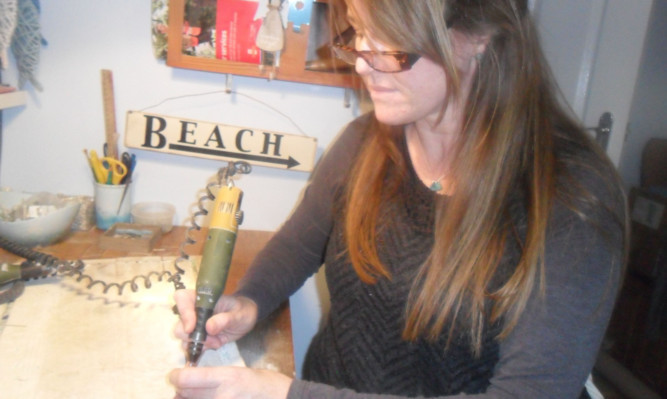Half of all Scottish businesses are based in the home, sustaining around one-in-five private-sector jobs and turning over £19.7 billion a year, according to new research.
The Federation of Small Businesses’ report dispels many of the myths about the 188,000 firms operating from private dwellings.
The research, believed to be the first in-depth profile of Scottish home-based businesses, reveals that almost two-thirds of home-based businesses employ at least one member of staff.
Conducted by Professor Colin Mason from Adam Smith Business School at Glasgow University, and Dr Darja Reuschke of St Andrews University, it argues that local government, regulators, banks and enterprise support agencies should adapt their approach to better meet their needs.
Professor Mason said: “Policymakers have been slow to appreciate the importance of home-based businesses to the Scottish economy. This report shows that Acacia Avenue is as much the home of entrepreneurship as any business park.
“These are serious businesses, accounting for 10% of private-sector turnover and 17% of private-sector employment.
“If our economic salvation lies in broadening and strengthening our small business base, we ignore their contribution and their needs at our peril.”
The FSB studied data from 999 business owners, 39% of whom were home-based and a further 19% owned businesses that grew out of the home.
The research highlights that these firms operate across every sector and geography.
These enterprises are in catering, leisure, tourism, hotels and entertainment (24%), and business services (12%).
Smaller clusters were found in creative services (8%) and construction (7%).
Up to 6% of all enterprises in all other business sectors, including engineering, real estate, and health and social work are based in the home.
More than half of Scotland’s home-based businesses have been established for 10 years or more.
Around three-quarters turn over less than £100,000 a year, and 3% generate more than £500,000.
The most frequently cited reasons to operate a home-based business were the nature of the business (65%), convenience (61%), and to reduce costs (56%).
One-in-three highlighted the high cost of commercial premises, with the same number citing improved work-life balance, and more than a quarter saying they wanted to avoid commuting.
Childcare considerations were cited more frequently as a motivation by women than men.
A significant number traded nationally and internationally and used e-commerce.
Andy Willox of FSB Scotland said: “This report tells some home truths about how important this army of businesses is to our economy.
“They are all proper businesses, providing services and generating revenues. Many are also creating jobs.
“The sheer scale and diversity of this sector means that regulators and local authorities need to make sure that their policies and regulations are right for those based in the home.
“We also need to tackle these firms’ biggest bugbears: unreliable broadband and a lack of suitable finance products.”
* Case study:
Gaynor Hebden-Smith runs her Scottish Sea Glass jewellery business from her home in Dunfermline.
Originally from Dundee, the former occupational therapist changed careers after studying jewellery at Carnegie College.
“I started my jewellery business seven years ago from my kitchen table,” said Gaynor, 41.
“I now have a workshop at home and sell my Scottish Sea Glass jewellery to about 80 galleries and gift shops throughout the country.”
